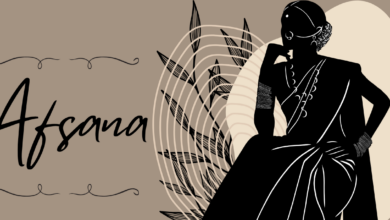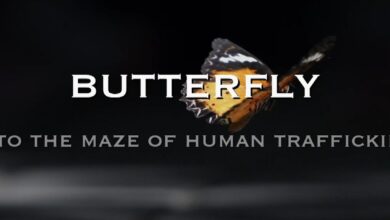The exploration of inherited shame in ‘Cleave’
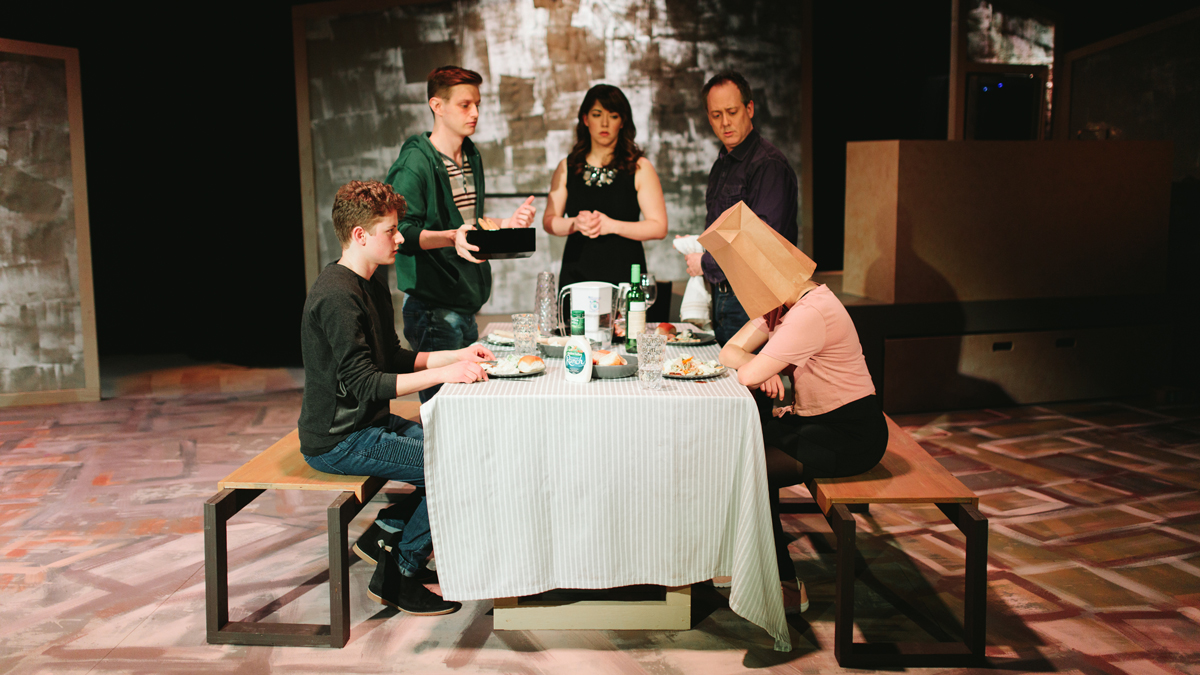 Mat Simpson
Mat SimpsonHow much of our shame do we inherit from our parents? Is the baggage that we carry unique to just us, or is it just one part of a long family lineage of insecurity? Playwright Elena Belyea explores this topic in her award-winning play Cleave, which recently ran for the first time in Edmonton.
While the play is based on serious, social justice topics like homosexuality and intersex bodies, I wouldn’t categorize this play as a “dark” or “tragic” piece. Expert playwright, Belyea pairs tricky topics with side-splitting humour which makes the tough content more easily palatable.
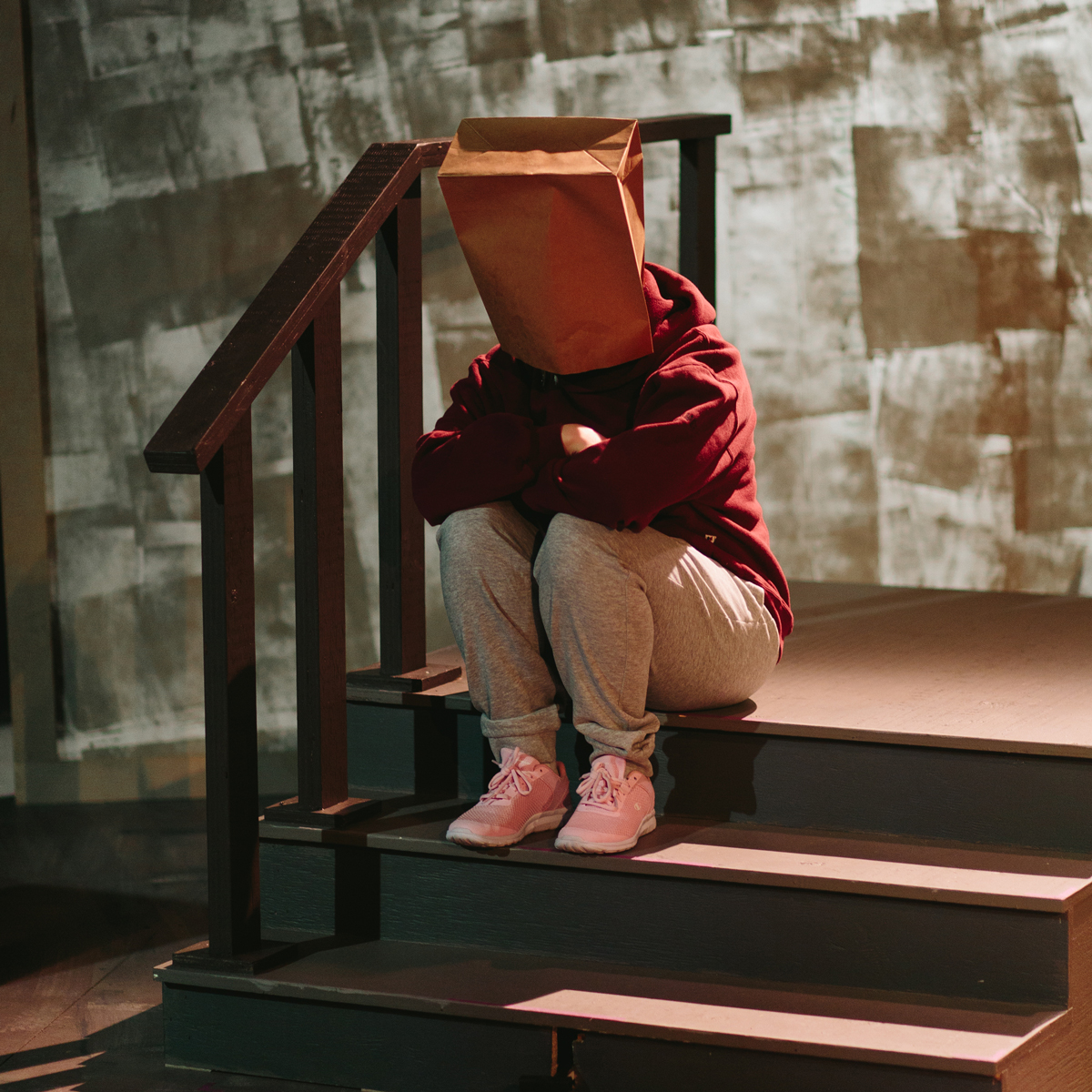
Cleave’s narrative revolves around five, unusual protagonists. Each character grapples with issues of identity and self-love. Seventeen years old, intersex and transgender, Aaron has just moved to Edmonton and is aching for anonymity. The audience is respectfully instructed on the intricacies of the physical experience of intersexed people, as Aaron seeks approval for surgery from a therapist. Self-proclaimed “big loser” Mark aches for a friend. Pina, Mark’s sister, is desperate to become the head cheerleader at her high school, but her goals shift when she discovers a shocking family secret. As for Mark and Pina’s parents, they work hard to present a successful and functional family. Both, however, are revealed to be vulnerable and at the very heart of this family’s dysfunction.
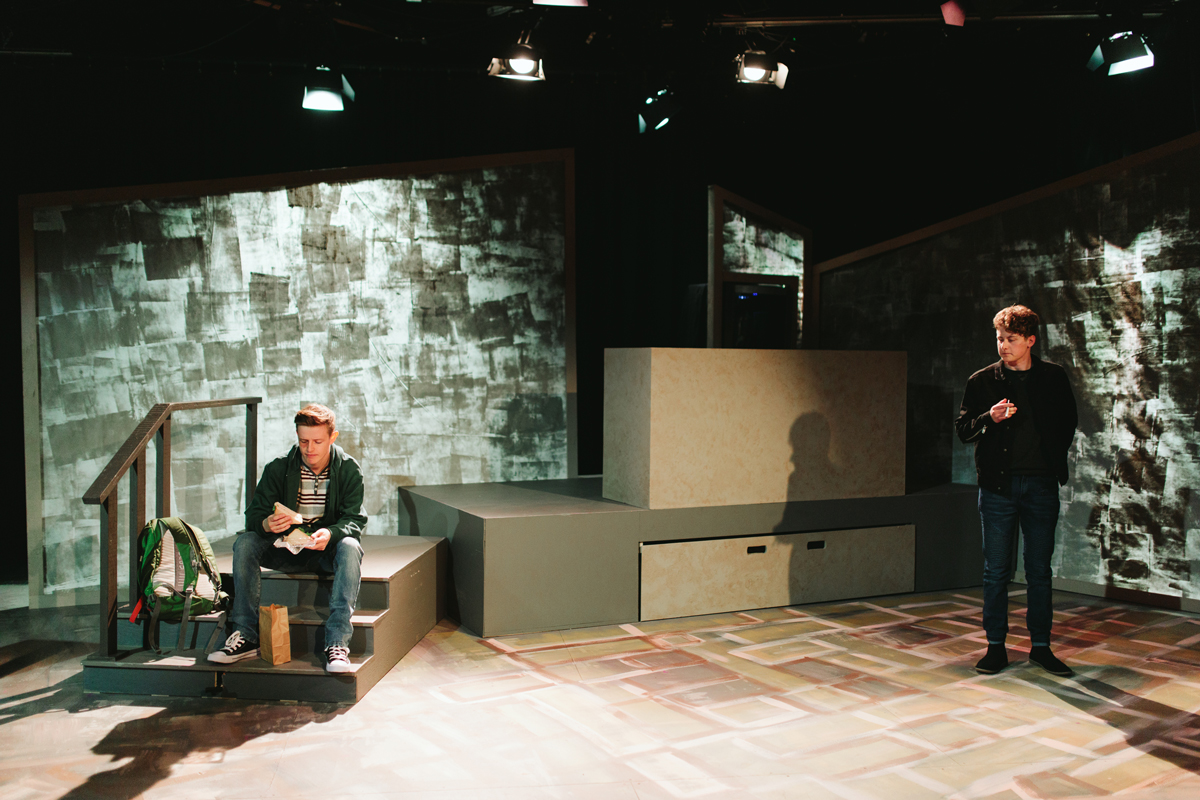
With this in mind, watching Cleave turns into a cathartic experience — as some of the characters find the courage to rise up and claim their own identities. They denounce what is expected of them, freeing themselves from the shame that living an inauthentic life carries. As suggested by the title, Cleave is the story of what it means to fall apart and then to have the strength to hold up all your broken pieces together once again.

